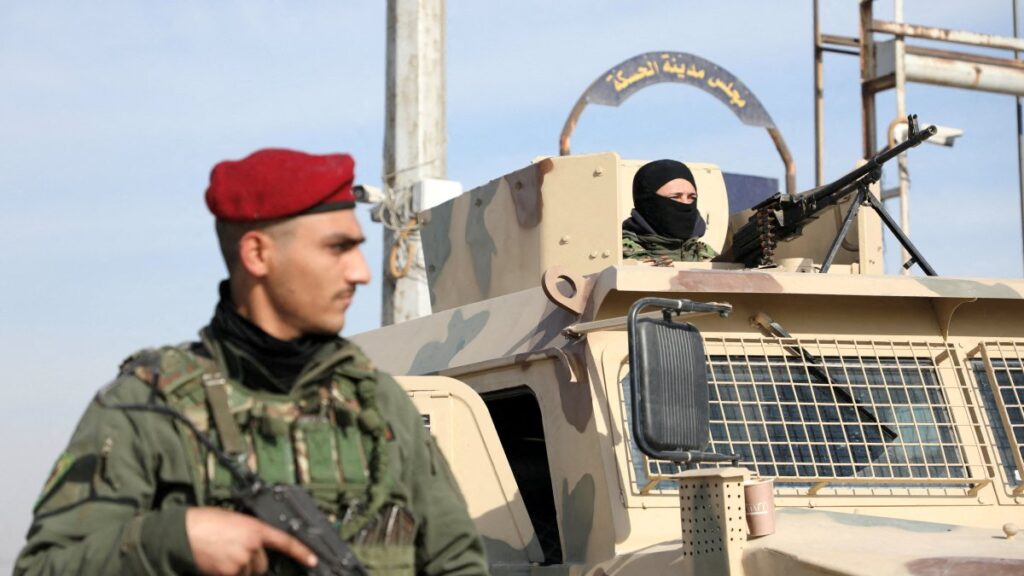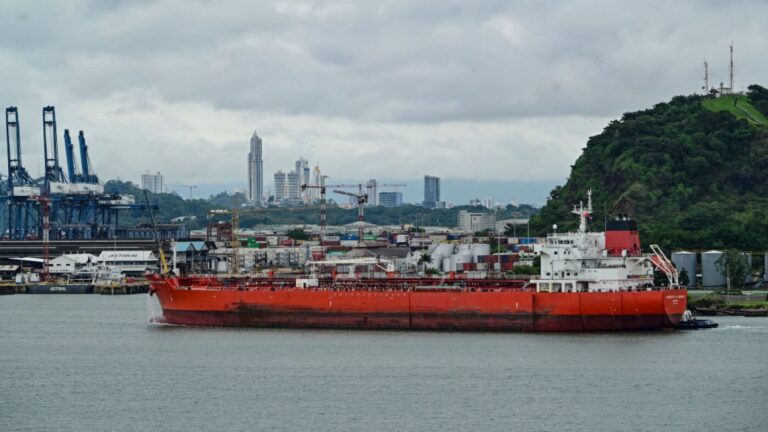
Abdullah Kado, a member of the political council of the National Coalition for Syrian Revolutionary and Opposition Forces, said that people allied with the terrorist organization PKK and non-Syrian members of such groups should leave the country after the fall of the Baathist regime.
Kado, who is also a representative of the Kurdish National Council of Syria (ENKS), the main political representative of the Kurds in the country, said that the presence of the PKK harms stability and attempts at dialogue between Syrian Kurdish groups in Syria.
Kado told Anadolu Agency: “We refuse to accept the presence of the Kurdistan Workers’ Party and its affiliated factions in Syria, and they must all be expelled from the region.”
He said: “We, as Syrians, have rejected all forces that cross the borders, and we are against the political presence of all non-Syrians in Syria,” stressing the need to protect all factions and minorities in the region.
According to Kiddo, when anti-regime forces launched a lightning offensive last month that ousted Bashar al-Assad in less than two weeks, the Kurdish National Council held a “long and challenging dialogue” with the YPG, the Syrian wing of the PKK, which he said was coordinated by Massoud. Barzani, Prime Minister of the Kurdistan Regional Government.
Kado said that the dialogue failed “because of the insistence of the People’s Protection Units and its extensions on controlling the region alone,” while the Kurdish National Council sought for the regional administration to include all factions such as Kurds, Arabs, Assyrians, and Turkmen.
“Our main condition was for the YPG to sever ties with the PKK, but we have failed on this front so far,” Kado noted.
The Kurdistan Workers’ Party has been fighting the Turkish state in a terrorist campaign that has lasted four decades, and is classified as a terrorist group by Ankara, Washington, and the European Union.
Taking advantage of a power vacuum, the terrorist group occupied much of northeastern Syria early in the civil war with the help of the United States, which describes the group as its primary ally in the campaign against ISIS. Ankara says the YPG is on par with ISIS and should have no presence in the new Syria.
In an interview with Reuters last Thursday, YPG leader Ferhat Abdi Sahin, nicknamed “Mazloum Kobani,” acknowledged the presence of PKK members in Syria for the first time, claiming that they had helped ISIS and would return home if a complete ceasefire was achieved. An agreement was reached with Türkiye.
In recent years, Turkey has deployed forces and worked with local allies such as the opposition Syrian National Army to prevent YPG advances in the region and keep local residents safe from terrorist repression.
Since anti-regime forces took control of Damascus and ousted the Assad regime, the Syrian National Army has expelled the PKK/YPG from several towns, including the key strongholds of Tal Rifaat and Manbij.
But clashes continue between the Syrian National Army and the People’s Protection Units in Manbij, mostly centered around the Tishreen Dam on the Euphrates River.
Two people were killed and two others were injured, on Tuesday, in a car bomb attack in the center of the city of Manbij carried out by the People’s Protection Units.
Syrian National Army sources confirmed that the attack was carried out by members of the Kurdistan Workers’ Party/YPG, which attempted to expand its territory following the fall of the Assad regime on December 8.
Since December 20, PKK/YPG fighters have intensified their attacks near the Tishreen Dam on the southeastern outskirts of the region. The militants, armed with heavy weapons such as Grad missiles, are trying to launch surprise attacks by emerging from underground tunnels under Manbij.
The new administration in Damascus called on the group to lay down its arms, while Türkiye echoed the same call and urged its dissolution.
Kado welcomed the People’s Protection Units’ claims that they are open to dialogue with the new Damascus administration, noting that complete stability in Syria is only possible “with the arrival of democratic state authority to every village.”
Kado pointed out that the YPG must “correct its mistakes and act in accordance with the people’s expectations for a new and diverse Syria.”






